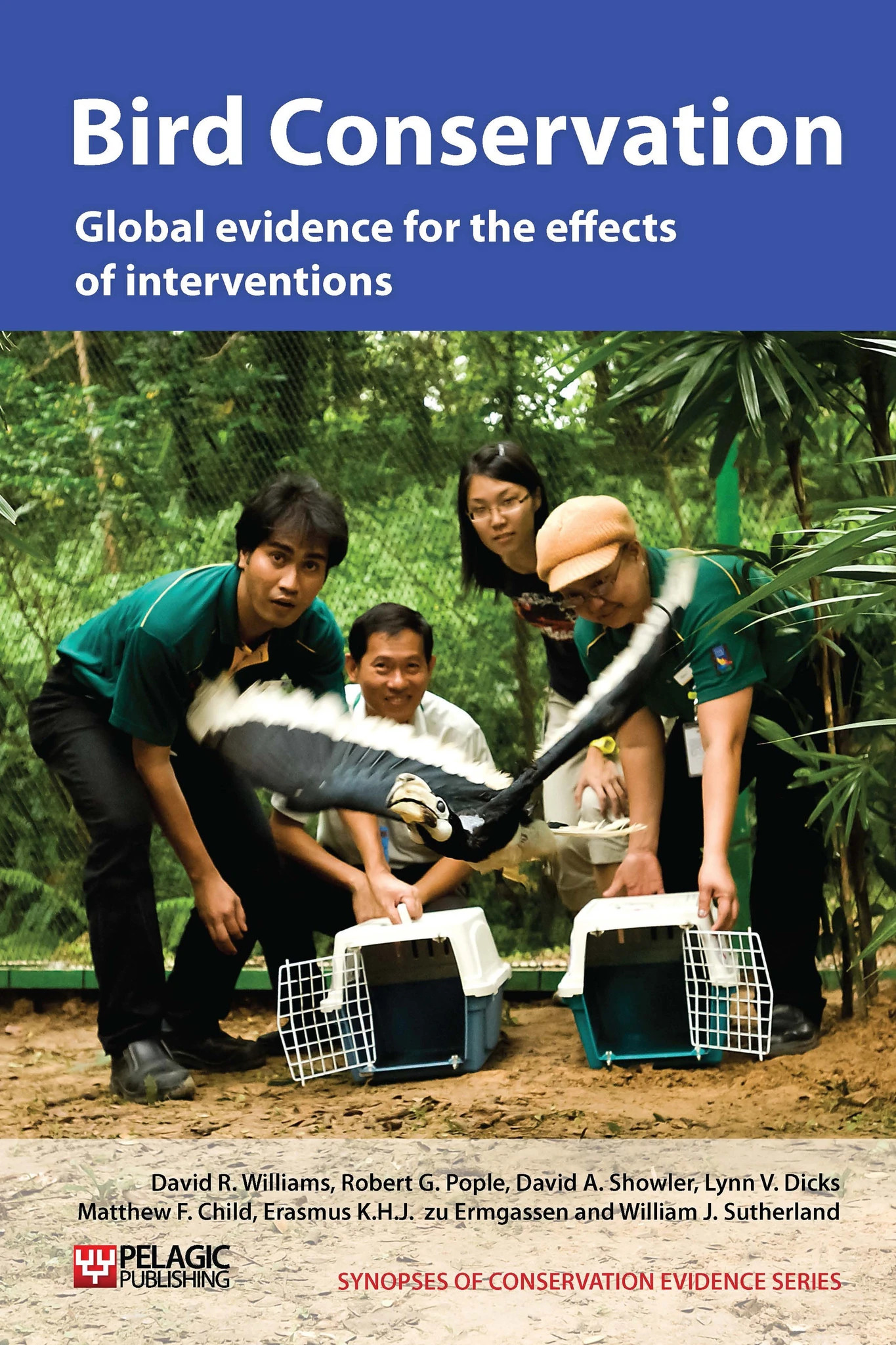Provide supplementary food
-
Overall effectiveness category Awaiting assessment
-
Number of studies: 1
View assessment score
Hide assessment score
How is the evidence assessed?
-
Effectiveness
not assessed -
Certainty
not assessed -
Harms
not assessed
Supporting evidence from individual studies
A replicated controlled study of 440 gardens across 14 countries in Western Europe (excluding the UK) from October 1988 until May 1989 (Thompson et al. 1993) found that 264 gardens frequently provided with supplementary food were visited by an average of 21 species of birds, compared with 22 species for 40 moderately-fed gardens and 21 species for 116 infrequently-fed gardens. Differences were not significant. There was considerable variation across the study area, and feeding frequency appeared to affect the number of species visiting gardens in France and Switzerland, with 17.5 species visiting four infrequently-fed gardens, 13.3 species visiting four moderately-fed gardens and 20.7 species visiting 104 frequently-fed gardens. There was a similar, weaker effect for West Germany, the Netherlands and Belgium. Frequently-fed gardens were provided with food in more than two-thirds of the weeks studied, moderately-fed ones were provided with food for between one and two thirds of the weeks and infrequently-fed ones were provided with food in fewer than one third of the weeks studied.
Study and other actions tested
Where has this evidence come from?
List of journals searched by synopsis
All the journals searched for all synopses
This Action forms part of the Action Synopsis:
Bird Conservation
Bird Conservation - Published 2013
Bird Synopsis





)_2023.JPG)














